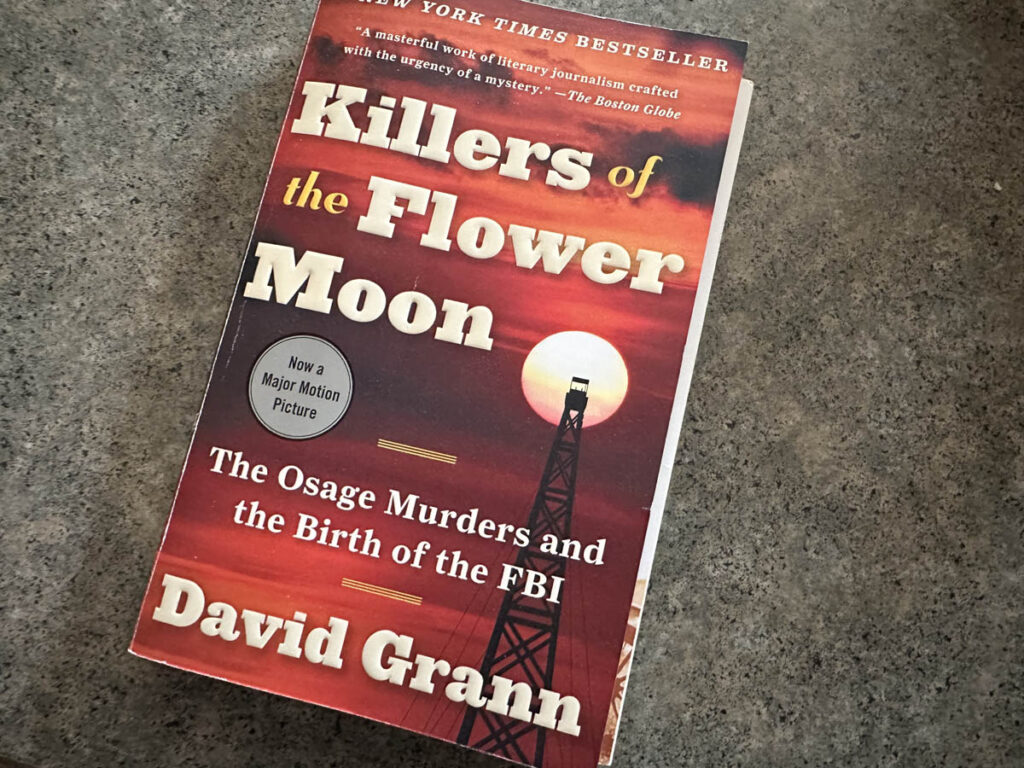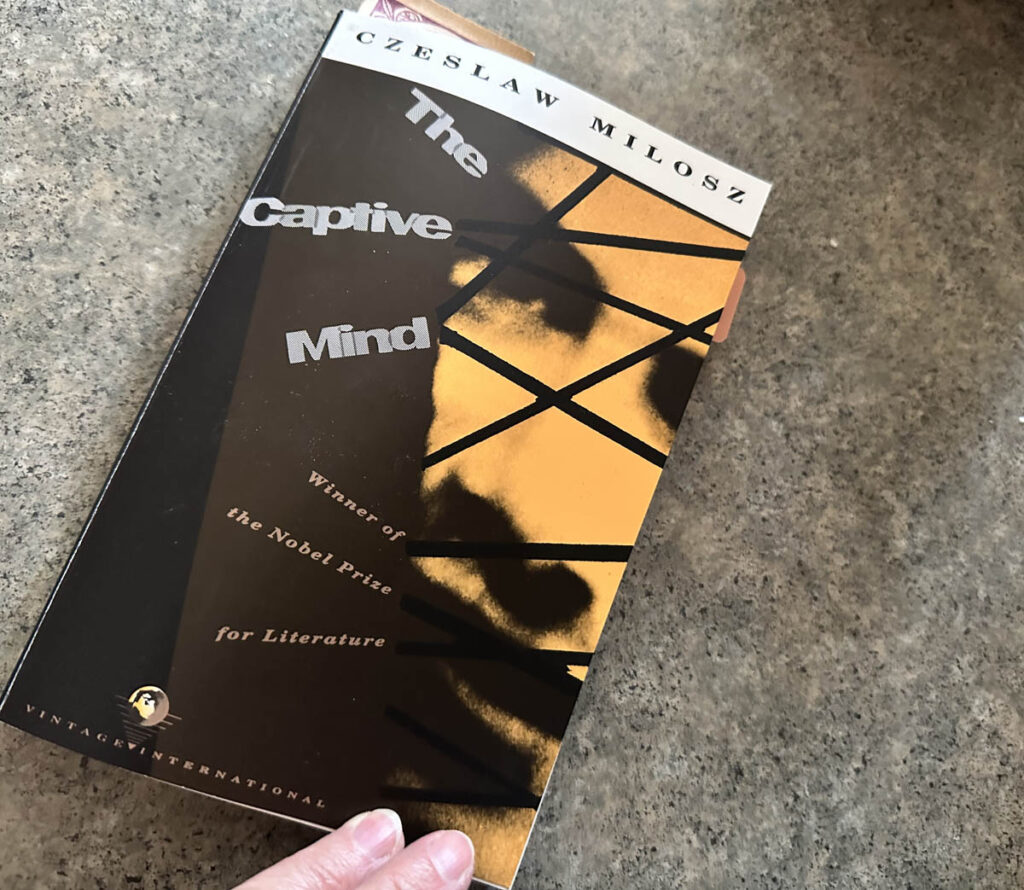Books for the Time We Live In

I love books. But, like Elizabeth Bennet, I do not consider myself a great reader. Or even a prolific one. But I do have a rather large library, and a good day is when I can spend time at the local library and see what they have that’s new, or things I never got around to reading. I am always open to suggestions, and while I am partial to mysteries, I love historical fiction, history, biographies, philosophy, and I can always find a classic that is still on my list.
During these dark times, my taste in books has also turned. I will always love a happy ending. But these days I want to learn from books. Tell me about that part of history that I didn’t live through. Tell me about the struggles of others and how they coped. Dig out the details that have been silenced for many, many years. Tell me something about the human condition that I can relate to in this crazy time we live in. Help me understand that horrors have been around since the dawn of civilization.
I found such a book in “Killers of the Flower Moon”. I had heard about the movie, of course. I’ve still not seen it. I am living with the actual people in my mind before they get replaced by Leonardo DiCaprio and Robert De Niro. In reading it, I am reminded that men, especially white men, have always been susceptible to the deep allure of power and greed. They commit heinous crimes in the name of self-righteousness and the hunger to dominate. Even if you’ve seen the movie, I urge you to read the book. It is written dispassionately, journalistically. And even so, the pain and suffering of these people comes through the pages. While the movie ends after the main story (from what I’ve read), the book continues, and the author goes on to investigate some of the multitudes of other crimes committed. The story (or history) is harsh and beautiful, rough and soft, shattering and inspiring.

Listening to a recent podcast from The Bulwark, Tim Miller quoted from a book that was recommended to him by Anne Applebaum…a staff writer at The Atlantic, and an expert in Communism in Eastern Europe. The quote was from the brilliant and unpronounceable Czeslaw Milosz, Nobel Prize Winner for literature:
” The man of the East cannot take Americans seriously because they have never undergone the experiences that teach men how relative their judgments and thinking habits are. Their resultant lack of imagination is appalling. Because they were born and raised in a given social order and in a given system of values, they believe that any other order must be ‘unnatural’, and that it cannot last because it is incompatible with human nature. But even they may one day know fire, hunger, and the sword.”
Czeslaw Milosz – The Captive Mind
The book is an explainer on the fascination of totalitarianism. Milosz lived through the second world war in Europe, in Poland, so he went from Nazi rule to Communism. Though it was written long ago, it still rings true for those of us trying to understand the draw to authoritarianism in the US. It’s not a new way of thinking. Europe has always viewed the US as isolated by their oceans and their form of government. But Europeans… Eastern Europeans… understand that it’s not an easy slope to slide into, but is widely regarded as a higher path than naked capitalism. It’s a deep exploration into things like the arts, and how they are upheld and formed and nurtured. I’m not that far into the book, but I can feel my mind expanding to take in this perspective. All Americans need to be asking themselves the questions about alternatives, because the government we had for so many years is basically gone. Who are we now?
Let us be the ones who are determined to understand and heal our own psychosis. Let us learn about ourselves. Let us rise above the insanity of the moment and come out on the other side of this stronger, more resilient and more determined to form a more perfect union, establish justice, ensure domestic tranquility, provide for the common defense, promote the general welfare and secure the blessings of liberty for ourselves and our posterity.